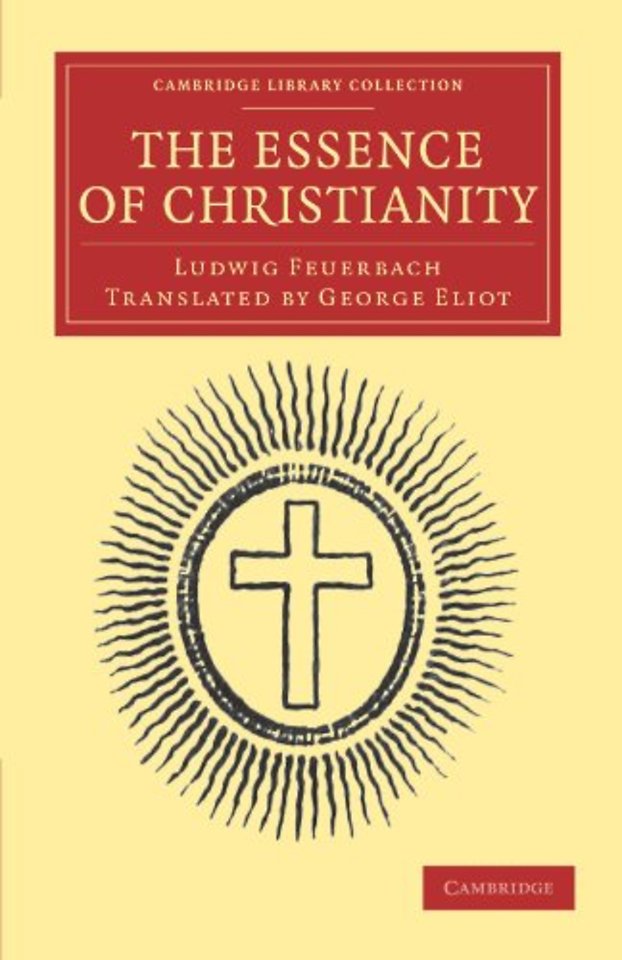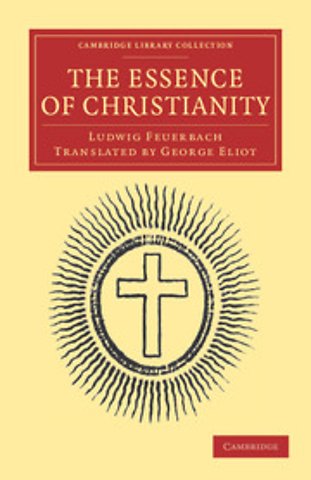The Essence of Christianity
Samenvatting
Ludwig Feuerbach (1804–72), the German philosopher and a founding member of the Young Hegelians, a group of radical thinkers influenced by G. W. F. Hegel (1770–1831), was an outspoken critic of religion, and the 1841 publication of this work established his reputation. In the first part of the book he examines what he calls the 'anthropological essence' of religion, and in the second he looks at its 'false or theological essence', arguing that the idea of God is a manifestation of human consciousness. These ideas provoked strong reactions in Germany, and soon other European intellectuals wanted to read Feuerbach's book. The 1843 second edition was translated by Marian Evans (1819–80) - who would become better known by her pen name of George Eliot - and published in Britain in 1854. Evans was influenced by Feuerbach's work, and many of his humanist ideas about religion are reflected in her novels.
Specificaties
Inhoudsopgave
Net verschenen
Rubrieken
- aanbestedingsrecht
- aansprakelijkheids- en verzekeringsrecht
- accountancy
- algemeen juridisch
- arbeidsrecht
- bank- en effectenrecht
- bestuursrecht
- bouwrecht
- burgerlijk recht en procesrecht
- europees-internationaal recht
- fiscaal recht
- gezondheidsrecht
- insolventierecht
- intellectuele eigendom en ict-recht
- management
- mens en maatschappij
- milieu- en omgevingsrecht
- notarieel recht
- ondernemingsrecht
- pensioenrecht
- personen- en familierecht
- sociale zekerheidsrecht
- staatsrecht
- strafrecht en criminologie
- vastgoed- en huurrecht
- vreemdelingenrecht

